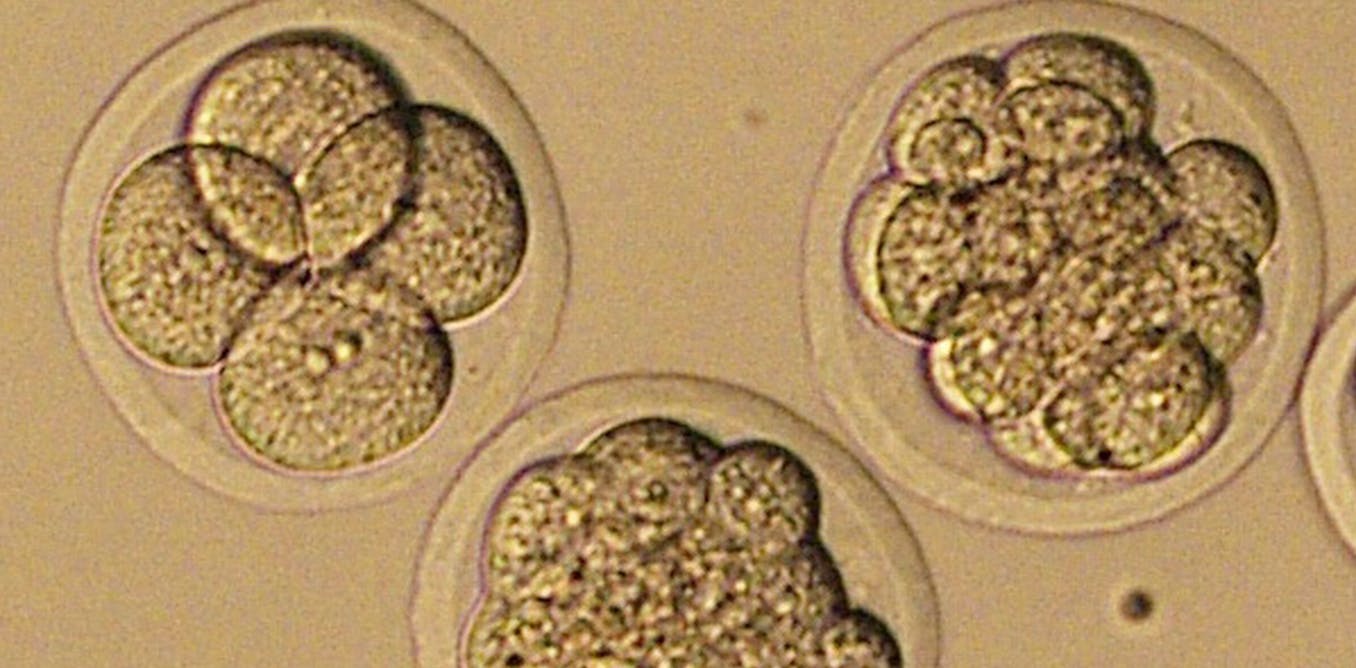Keeping brain-dead pregnant women on life support raises ethical issues that go beyond abortion politics
Adriana Smith’s body was kept on life support for 16 weeks so her fetus could gestate. Abortion politics don’t capture the ethical complexities of such situations.
July 1, 2025 • ~11 min



